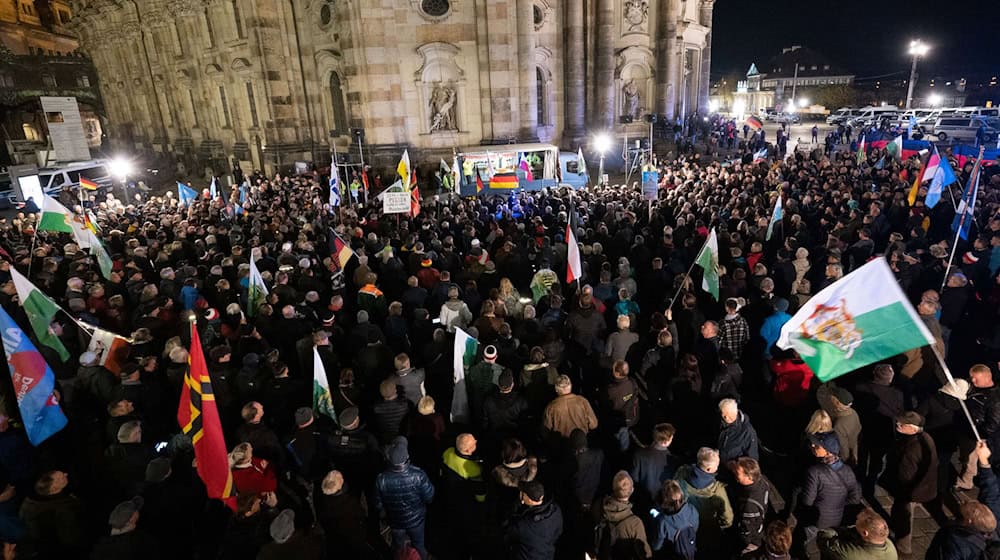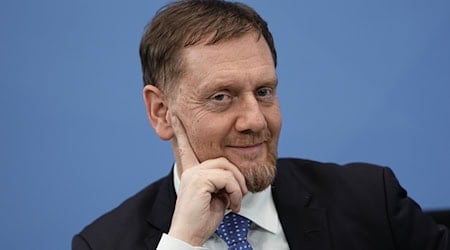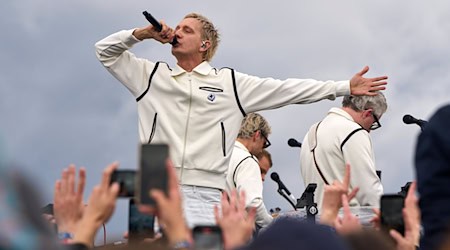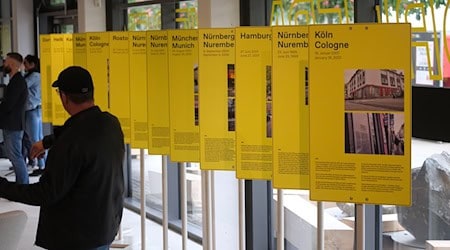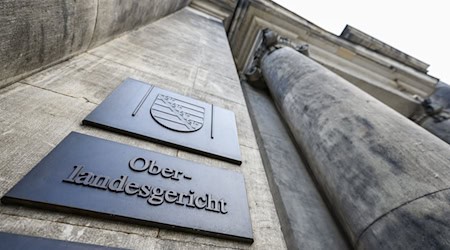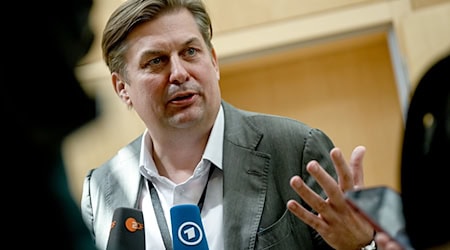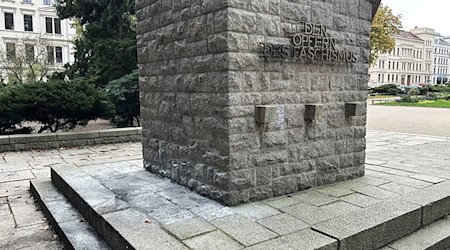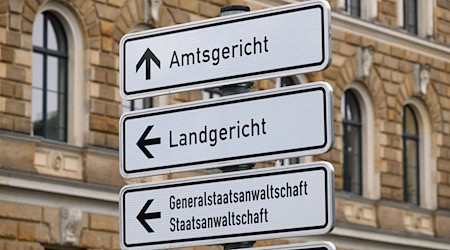Dresden political scientist Hans Vorländer sees the end of the street protests announced by the Pegida movement as an overdue decision. "The issues that Pegida originally addressed or presented in a radicalized form over time have been taken up and in some cases reinforced by other political forces such as the AfD, the far-right Free Saxons or the Identitarian Movement," the professor told the German Press Agency.
Constitutional protection classifies Pegida as extremist
Pegida was founded in October 2014 and stands for Patriotic Europeans against the Islamization of the Occident. In 2015 and 2016, the group brought thousands of people onto the streets in Dresden, where it was founded. Elsewhere, the popularity was much lower. In 2021, the Office for the Protection of the Constitution classified Pegida as an extremist movement. Pegida leader Lutz Bachmann - who has several criminal records - was already labeled a right-wing extremist by the constitution protection agencies at this time.
Pegida leader pulls the ripcord for health and financial reasons
Last weekend, Bachmann announced the last Pegida protest on the streets for this Sunday in a video on the messenger service Telegram - it is the movement's 10th birthday. For health and financial reasons, it was necessary to pull the ripcord. New ideas, doers and faces are needed, said Bachmann. However, new formats had been developed that would be launched soon, such as a podcast or radio and television features. Corresponding negotiations are still ongoing.
Scientist Vorländer said: "Pegida has shifted the discourse, contributed to radicalization, disinhibition and brutalization and ultimately also to a new East-West confrontation in Germany. In various respects, Pegida has triggered many things that have been taken up, reinforced and radicalized by others." The course of the migration crisis gave Pegida, just like the AfD, a second wind and gave the group another boost from the fall of 2015 and 2016.
Political scientist: Pegida also triggered a wave of counter-protests
Vorländer recalled that Pegida also triggered a strong wave of counter-protests. There had also been mass demonstrations in some cases. "Pegida was not only a trigger for protests by right-wing populists and right-wing extremists, but also for demonstrators on the other side of civil society." The academic had previously seen Pegida as something like a regulars' table on the street and exposed the group as a clearly right-wing movement.
In fact, Pegida became a stage for right-wing extremists from Germany and abroad. Even the Dutch right-wing populist Geert Wilders spoke in Dresden. Speakers from the AfD, such as Thuringian state leader Björn Höcke, were also repeated guests.
After 2016, the popularity of the movement continued to decline and Pegida largely disappeared from the scene. By the beginning of 2020, there had been a total of 200 rallies, followed by 49 in the following four and a half years. Now, number 250 is to be the end.
Copyright 2024, dpa (www.dpa.de). All rights reserved

